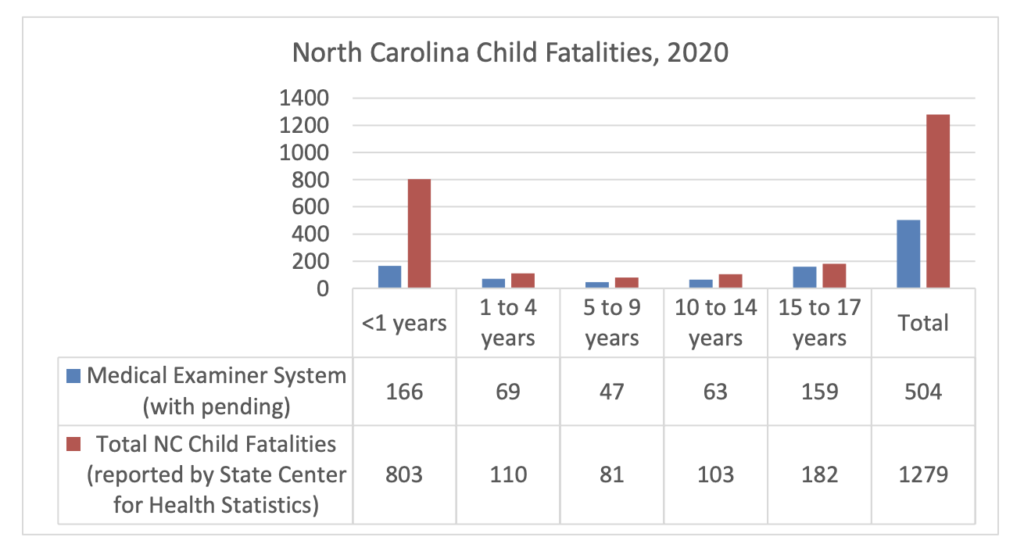Story originally published in The Sylva Herald, April 12 edition
The Jackson County Child Fatality Prevention Team reported two child deaths in 2021, both less than 1 year of age due to birth defects and other unspecified causes. In 2020, a total of 504 child deaths were recorded in North Carolina.
Jackson County Health Director Shelley Carraway presented the Child Fatality Prevention Team’s annual report during the Jackson County Board of Commissioners’ regular meeting April 4.
April is National Child Abuse Prevention Month, recognizing national efforts for prevention of child abuse and neglect.
“The North Carolina child fatality prevention system started back in 1991,” Carraway said. “By understanding child deaths and looking at them, then they can maybe come up with some things to prevent some, especially if it had to do with something in public service.”
Child deaths recorded in every county include all residents under the age of 18. Each county’s prevention teams must give the report to the Board of Commissioners and the County Board of Health.

The local fatality review teams have access to the records needed to make a full and detailed report; including medical examiner reports, death transcripts, police reports and DSS reports. The review teams gather these records, assess their contents and recommend or assist in implementing changes to prevent child deaths in the future.
The Child Fatality Prevention system has a good track record, she said, citing “pages of funding, laws passed and accomplishments.”
By utilizing the work and reporting of these task forces, it becomes easier to implement new legislation and state requirements. Carraway cited such examples as the Childhood Passenger Safety Laws, which resulted in the requirement of an infant car seat in 1994, and a child booster seat in 2004.
The state and local child fatality prevention teams are made up of medical professionals, law enforcement officers, parents of deceased children and local citizens. The team used their findings from the 2022 annual report to recommend more thorough genetic testing and education about safe infant sleep practices.
In the report document provided to the board, the prevention team outlined their future course of action, planning to utilize community events and social media platforms to advocate for safe sleep practices.
They also proposed offering noninvasive pregnancy testing options for local clinics to offer expecting mothers, which would include screenings for detection of chromosomal disorders in unborn children.



